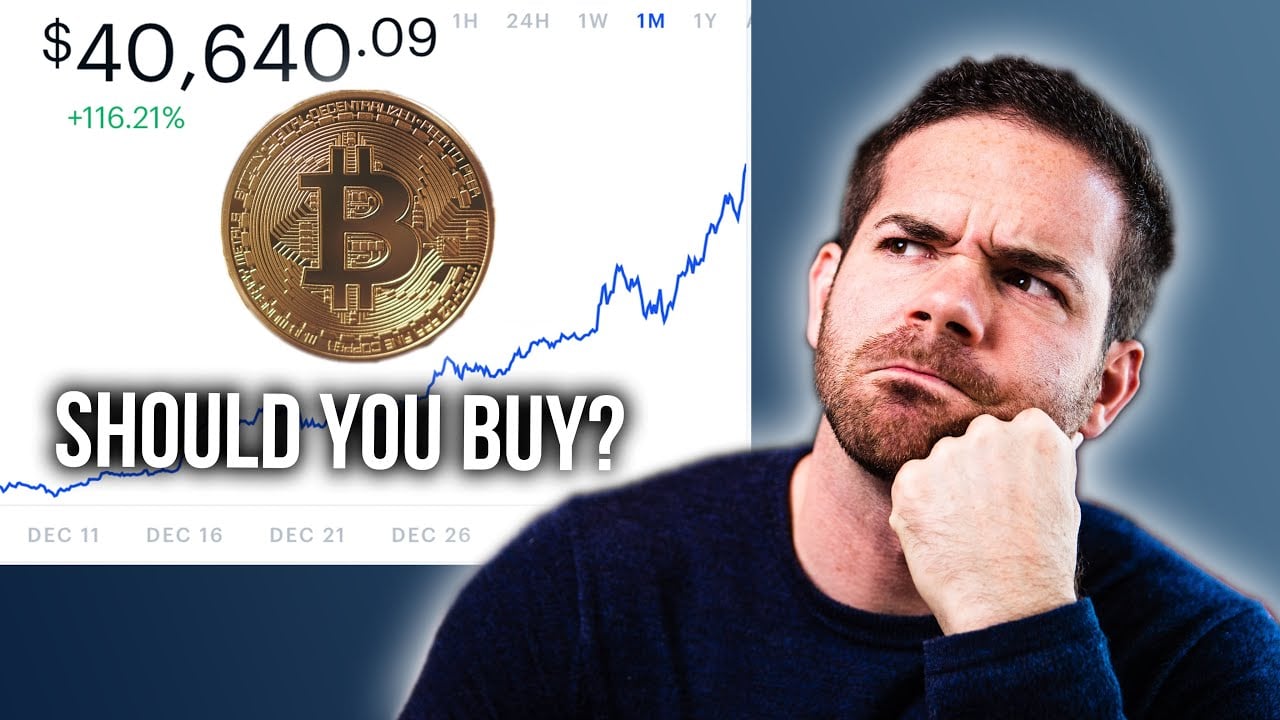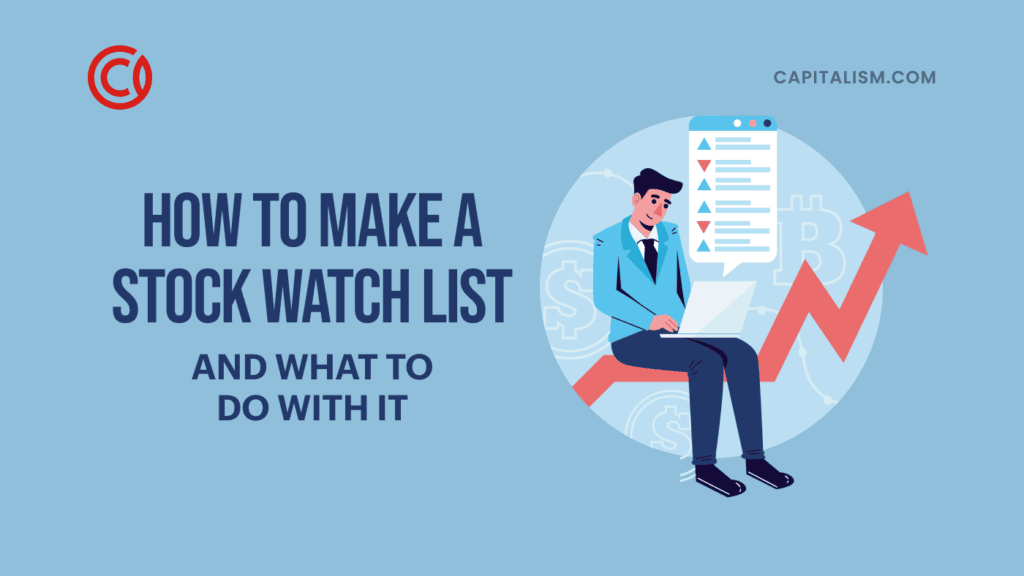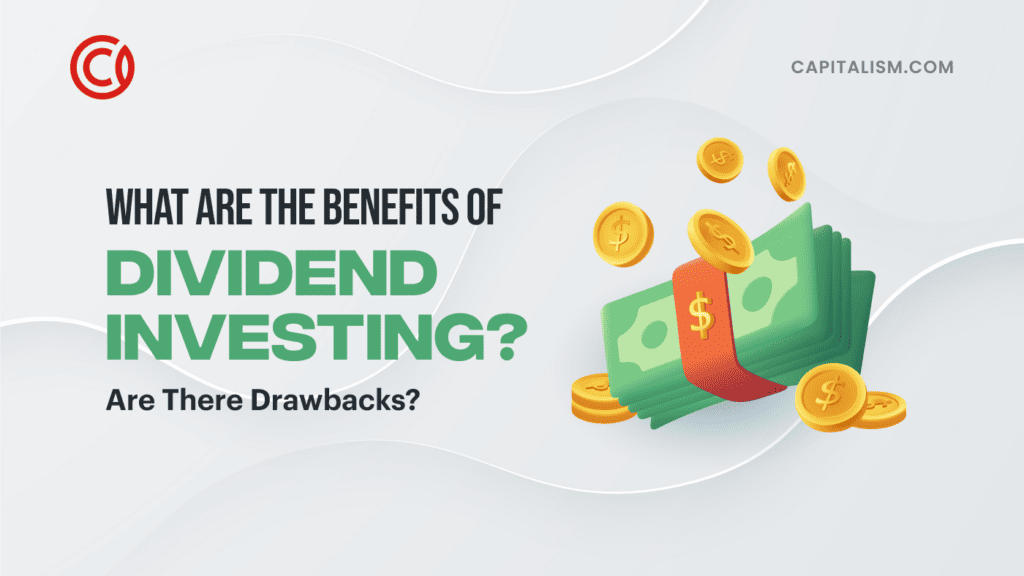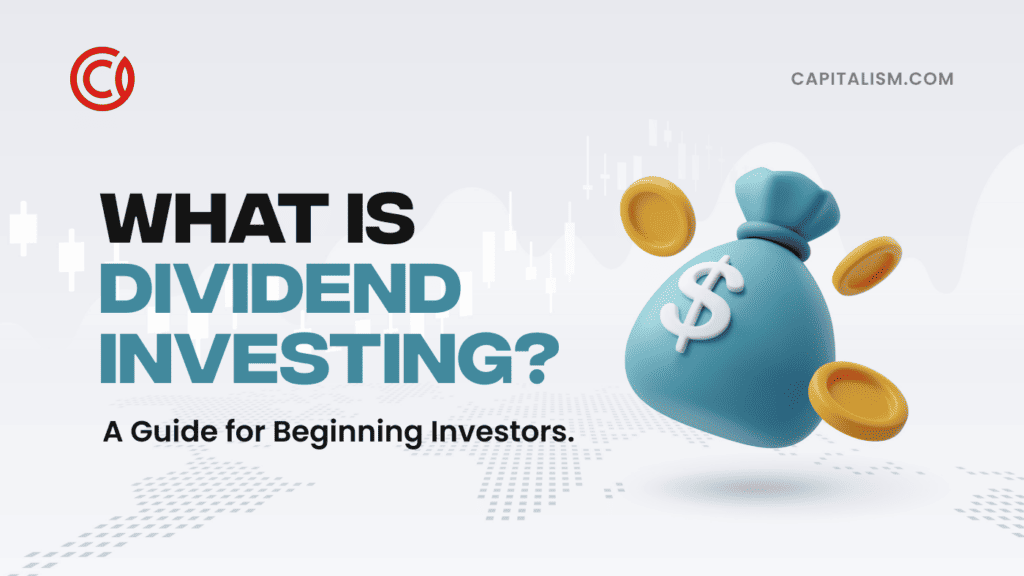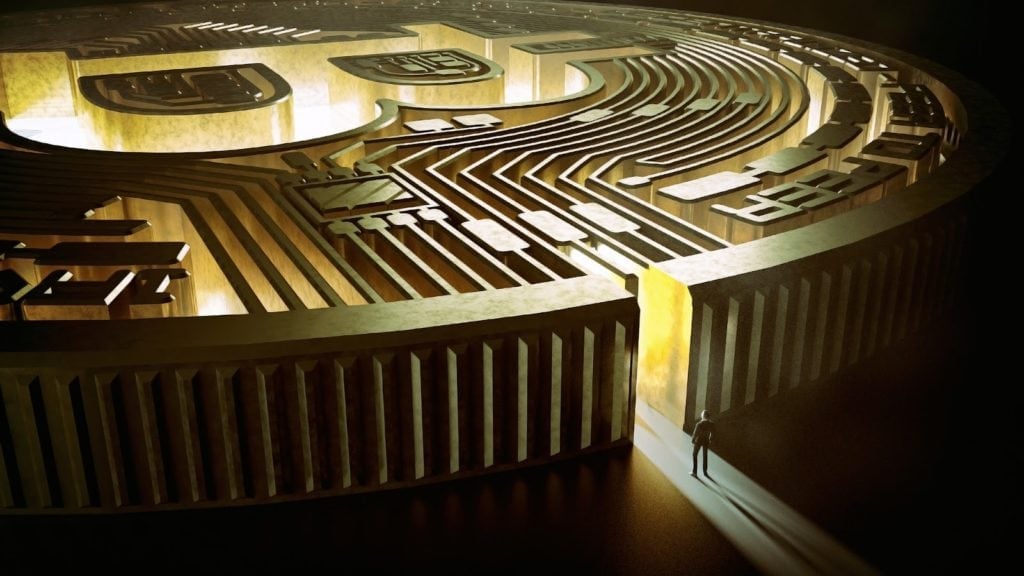NFTs, or non-fungible tokens, have taken the crypto world by storm. But most people either have no idea what they are. Or at least, don't understand what they mean.
This post defines what an NFT is, what makes it special, and why anyone would want one. This isn't to say that this incredible bull market in NFTs will last forever - or even until the end of the year. But they will become as much a part of everyday life as title deeds to gold mines once were. Or house deeds are today.
What makes NFTs so esoteric is how the blockchain technology behind them translates to actual ownership. We'll break that down into bite-size pieces for you.
But if you can grasp the gist of NFTs, this can be a great stepping stone for you to create, design, or invest in NFTs.
As Socrates once said, "The beginning of wisdom is the definition of terms." So let's do it his way and break down what each term means.
Fungible Versus Non-Fungible
Fungible
Think of the dollar bill in your pocket. You loan it to your friend. Sure, they owe you a dollar. But not the exact same dollar bill you handed them. Any dollar bill will do. In the crypto world, Bitcoin is fungible.
Non-Fungible
When something's non-fungible, that means when you loan it out, you get the exact same thing back. Say you loaned your friend your car. He can't just return any vehicle to you. It has to be your car, exactly. Likewise, in the crypto world, non-fungible tokens have certain unique characteristics.
Much like there's only one Mona Lisa, there's usually only one NFT for a particular digital asset. But some artists may issue a few NFTs for a digital asset, much like Edvard Munch painted four versions of The Scream.
So let's define a non-fungible token (NFT) as a special cryptographically-generated token that uses the blockchain to make an unreplicable link to a unique digital asset.
What makes a token non-fungible?
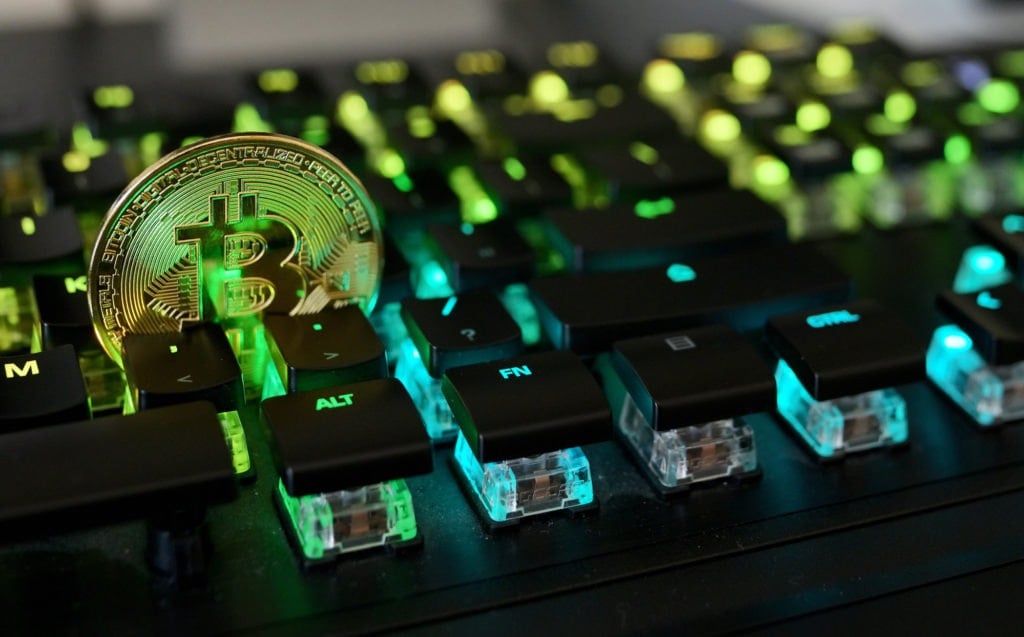
Rarity
The true value of the NFT - like anything else - comes from its rarity. It's wise for any creator to limit the NFTs issued on any digital asset to a few, at most.
Indivisibility
You can't break up an NFT into smaller bits. It's unlike gold, in this way. Aristotle loved gold because you can divide it. But NFTs are whole and indivisible.
Uniqueness
Uniqueness goes hand-in-hand with rarity. All NFTs have a permanent information tab that records its uniqueness, much like a certificate of authenticity.
What makes NFTs special?
Transferability
You can sell NFTs. Or buy them. Much overlooked, transferability is a marvel of the capitalist system. Don't want to receive the coupons on your bond anymore? Fine. Sell the bond and buy some stock. Don't like those dividends anymore? Fine, sell the stock and buy some gold. Want more income? Fine, sell the gold and purchase some commercial real estate. The options are limitless. NFTs are freely available to trade, like any other asset.
Authenticity
Since it's practically impossible to create counterfeits on the decentralized ledger of a blockchain, you own proof that your digital asset is one-of-a-kind. We'll see how big companies are taking advantage of this later on in the piece.
Property Rights
Once someone enters the data into the blockchain, no one can alter it. That means your property is inviolate - like all your property should be.
What are the common uses of NFTs?
Art
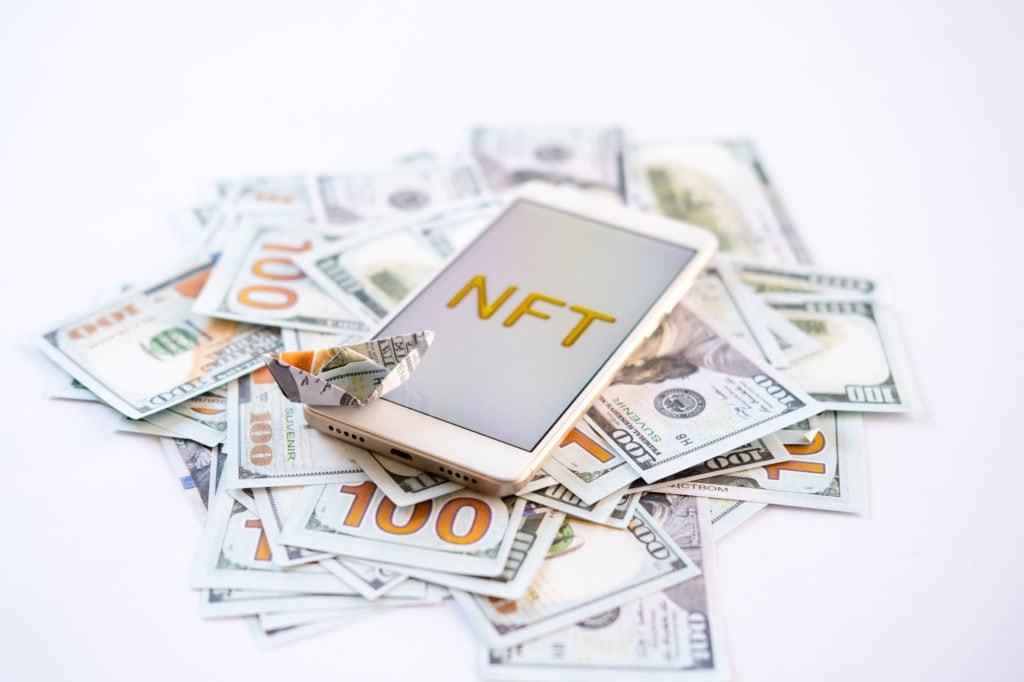
Serwah Attafuah, a Western Sydney artist, was one of the first Australians to sell an NFT.
Foundation, a New York-based website for buying and selling digital goods, contacted her about selling one of her works as an NFT at their launch.
Through Foundation, Serwah's piece Voidwalker sold for $2,000.
"Paying money for JPEGs kind of blows my mind," she said.
Artists stand to make far more money for their work than they used to.
Collectibles
Have you ever heard of CryptoKitties? Oh, they're all the rage! New collectibles are appearing out of thin air with the help of NFTs. And traditional collectors are flooding the digital game.
Gaming
Speaking of games, NFTs make coveted items such as weapons or skins transferable across gaming platforms.
Identity
Medical history, education, and professional qualifications, among other things, can all be secured on the blockchain.
Tangible assets
It's early days for tangible assets. But the groundwork is being laid to tokenize real-world properties like apartments, farms, and estates.
Virtual assets
You may remember how frenzied buying .com domains was back in the day. Newspapers shouted how people were buying digital real estate. Well, NFTs take it to the next level. Just one example is how the Ethereum Name Service has turned each .ETH domain into an NFT.
What do baseball cards and Louis Vuitton have to do with NFTs?

NFTs, as we mentioned, are positively changing the face of collectibles. They're creating a new class of collectibles. But also, NFTs can revolutionize how existing collectibles get accounted for. For example, fans can buy football and basketball cards on the blockchain. (No doubt, baseball will follow soon.)
And what about counterfeiting? Is that Louis Vuitton bag your loved one is sporting the real deal? Or is it an extremely well-made knock-off from Asia? Now there's a way to find out: an NFT.
Arguments For NFTs
Unlocking revenue streams
As we saw before, artists can now make a real living out of their work. Also, musicians, sports stars, and other technologists can monetize their talents.
Opening the cryptocurrency markets to the mainstream
Like the Cabbage Patch Kids before them, CryptoKitties may create such a rush into cryptos, and the public may just figure blockchain out by accident.
Change the attitude towards ownership
Want to own an apartment in Istanbul? What about a gelato stand in Rome? Or maybe a scuba diving club in Aruba? Your ownership is indisputable when marked with an NFT.
Arguments Against NFTs
Building "dapps" for NFTs is hard.
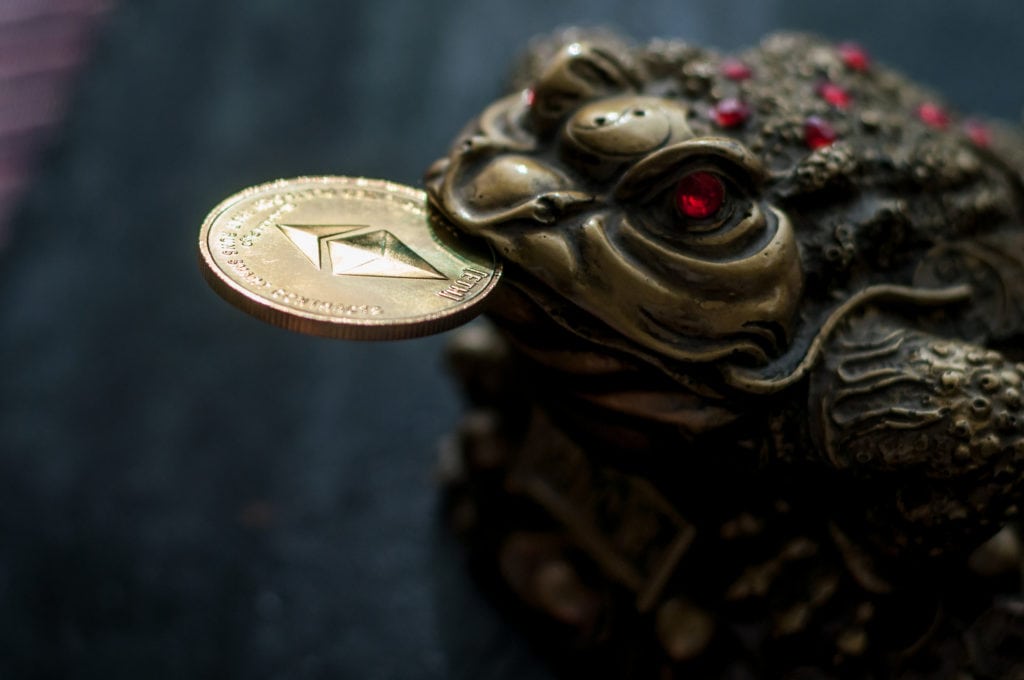
If you think building out websites is hard, just try building decentralized applications (dapps, for short) on Ethereum. It's not for normies.
Blockchain tech is challenging for John Q Public.
Just getting your head around decentralized ledger technology is a big ask for people who'd rather just come home and watch Netflix. It's a massive barrier to growth that the blockchain community must figure out.
The Greater Fool Theory
And finally, what is the "real value" of something intangible? Companies with armies of accountants have a hard enough time figuring this out. How much is a CryptoKitty called Dragon? Well, in 2018, she sold for 600 ETH ($170,000 at the time). Is this all about finding a bigger fool with more oversized pockets? Or does any of these create real value?
Let's Sum It Up
NFTs are undoubtedly worth exploring more. You may be sitting on a truckload of value you've overlooked. So by all means, do some homework. But it's not the type of thing to rush in and speculate on. It's the same story with Bitcoin and other cryptocurrencies.
FOMO (Fear Of Missing Out) is an awful behavioral bias that can lose you a lot of money. It's much better to continue in your business and see how NFTs might complement it or unlock more revenue streams for you.

